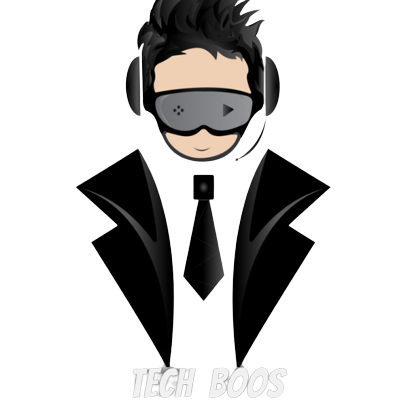The healthcare industry has consistently prioritized innovation, with technology serving as a crucial factor in improving patient care and increasing productivity. Through streamlining intricate procedures and improving communication, technology has facilitated data-driven decision-making and revolutionized how healthcare businesses manage their operations.
Medical Billing and Coding
A major part of healthcare management is ensuring financial stability using effective revenue cycle management. The experts at Find-A-Code.com say that one of the most important components of this process is the accurate and timely management of medical billing codes. These alphanumeric codes are assigned to various medical procedures, diagnoses, and services, which are then used for billing purposes.
Using standardized medical billing codes means that healthcare providers can minimize errors, reduce claim denials, and ensure accurate reimbursement from insurance companies. Moreover, these codes help in streamlining communication between providers and payers. This makes the billing process more efficient.
Electronic Health Records (EHRs)
EHRs have transformed the way healthcare providers store, access, and share patient information. Eliminating the need for paper records means that EHRs have not only improved the efficiency of medical documentation but also reduced the chances of errors due to things like illegible handwriting or misplaced files.
EHRs enable real-time access to a patient’s complete medical history. This then helps providers make better-informed decisions regarding diagnosis and treatment. Furthermore, EHRs can be integrated with other healthcare systems such as billing and laboratory services, which further streamlines healthcare management.
Telemedicine
Leveraging video conferencing technology and other remote communication tools lets healthcare providers offer virtual consultations to those patients who may be unable to visit a medical facility physically.
Patients residing in rural regions have benefited massively from this technology, particularly those facing restrictions in accessing specialized healthcare. Telemedicine also reduces the burden on healthcare facilities by allowing providers to manage routine follow-ups and minor health concerns remotely. This frees up resources for more urgent cases.
Artificial Intelligence (AI) and Machine Learning
AI and machine learning have made significant strides in healthcare management by enabling data-driven decision-making and automating complex tasks. These technologies have been instrumental in areas such as diagnostic imaging, where AI algorithms can analyze scans with remarkable accuracy. This has reduced the need for manual interpretation and speeded up the diagnostic process.
Machine learning algorithms also analyze large volumes of patient data to identify trends and patterns. This has helped healthcare providers predict and prevent potential health issues. Incorporating AI and machine learning into healthcare management means providers can deliver more personalized and effective care to their patients.
Interoperability and Health Information Exchanges (HIEs)
Interoperability is the ability of different healthcare systems and software applications to communicate, exchange, and interpret data. Achieving interoperability is essential for efficient healthcare management as it enables providers to access relevant patient information from various sources without the need for manual data entry or duplication of effort.
Health Information Exchanges (HIEs) are networks that facilitate the secure sharing of electronic health information among participating organizations. Taking part in HIEs means that healthcare providers gain access to a more thorough overview of a patient’s medical history. This results in enhanced coordination of care and better patient outcomes.
Conclusion
As technology continues to evolve, its impact on healthcare management will only grow stronger. Innovative solutions will keep emerging and further streamline processes, improve patient outcomes, and reduce costs. It is vital for healthcare providers to stay abreast of these advancements and adopt the right technologies that align with their organizational goals.
Over the next few years we anticipate many more innovative technologies that will transform and alter the healthcare industry. Staying proactive and adapting to these changes allows healthcare organizations to continue to deliver top-notch care and stay ahead in an increasingly competitive industry.

